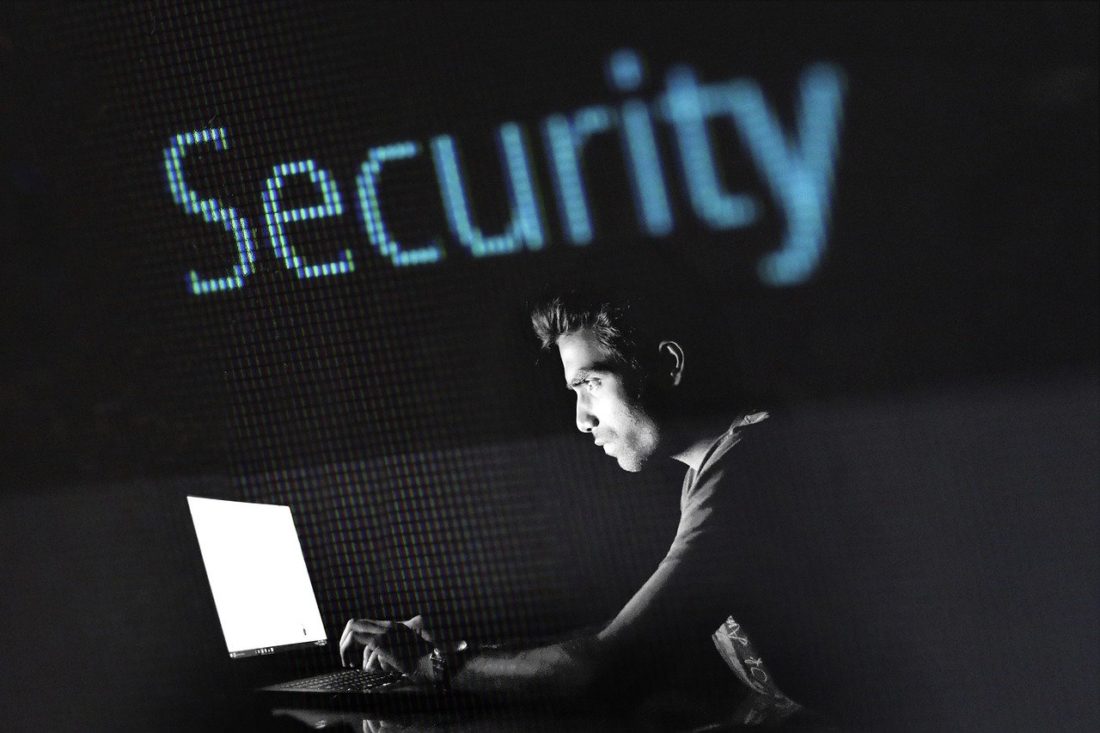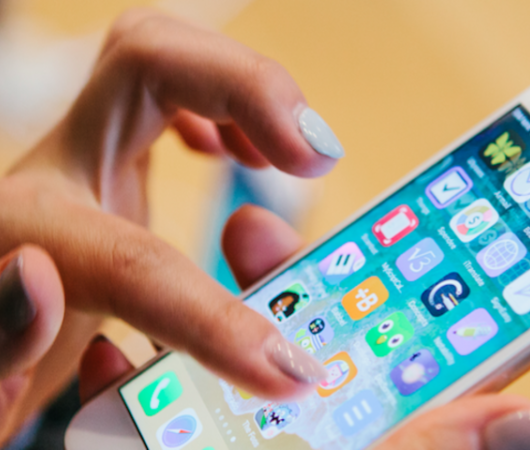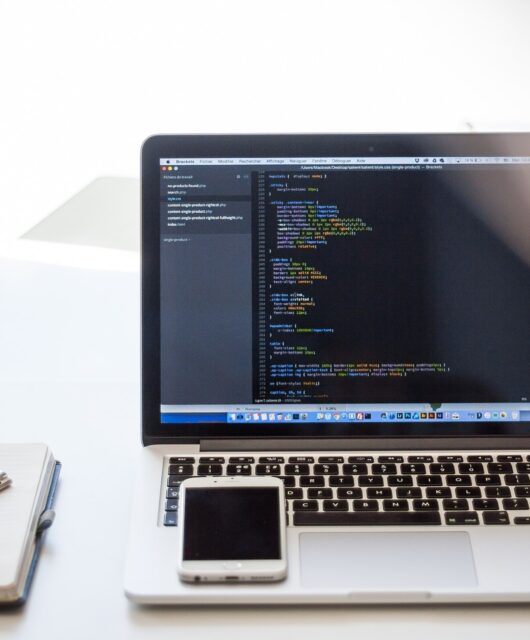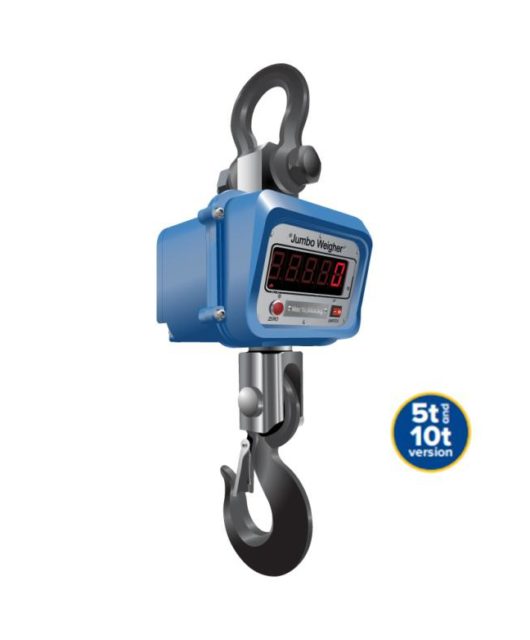3 Tips For Protecting Your Personal Data
 Almost everyone spends at least a fraction of their day online. As a result of this, there are likely a large number of websites or apps that have at least some portion of your personal information attached to them. To ensure that this personal information doesn’t fall into the wrong hands, it’s good to know how to best keep this data secure.
Almost everyone spends at least a fraction of their day online. As a result of this, there are likely a large number of websites or apps that have at least some portion of your personal information attached to them. To ensure that this personal information doesn’t fall into the wrong hands, it’s good to know how to best keep this data secure.
To help you learn how you can do this, here are three tips for protecting your personal data.
Do A Security Audit
Before you take any steps toward protecting your personal data, you might want to consider doing a security audit.
When doing your own security audit, you should check all of your accounts on every website or app to make sure that data is secure as it can be. This should include updating any software and having the strictest privacy settings in place.
According to techradar.com, you can also have a security audit done by a professional. This is usually something you only need if you work as an independent contractor or own your own small business. By having a professional IT security and compliance company do your security audit for you, you can be even more confident that the results they find will be accurate and you’ll be able to make any necessary security changes.
Be Very Careful With Public Wi-Fi
Another thing you should be aware of when you’re worried about protecting your personal data online is your use of public Wi-Fi.
As a good general rule, Zack Whittaker, a contributor to ZDNet.com, shares that you should never use public WiFi networks. On these networks, it’s so easy for hackers to find your information, steal it, and use it against you.
Rather than using public Wi-Fi when you can’t use your own personal Wi-Fi, try using your mobile device’s data plan instead. This will give you much better security.
Update All Your Software
As was mentioned above, you likely use a lot of apps and other software on a daily basis. Because of this, it’s important that you’re always using the most up-to-date version of that software.
When you fail to update any software that you’re using, Justin Wetherill, a contributor to Forbes.com, you could be leaving yourself vulnerable to hackers who’ve been able to exploit weaknesses in the software that have since been rectified. So if you don’t already have your software set to automatically update when updates are available, make sure you’re regularly checking on the apps and software you use to see if and when updates are available.
If you’re looking to make some changes in your life that will help you keep your personal data more secure, consider using the tips mentioned above to help you do just this.









